Can Cats Eat Twizzlers? Health Risks And Benefits
Knowing which human foods are safe for our feline friends to consume is crucial for cat owners and pet lovers. One popular snack that often raises questions is Twizzlers – those twisted, sweet, and mildly tangy treats we love. You might wonder, “Can cats eat Twizzlers?” It may seem harmless to share a bite or two with your beloved pet, but are Twizzlers safe?
This informational blog post aims to shed light on the potential health risks and benefits of feeding Twizzlers to cats. We will explore the ingredients in Twizzlers, how they can affect a cat’s health, and whether or not it’s a good idea to make it a part of your cat’s diet. As responsible cat owners, we must ensure that what we share with our cats is not just tasty but safe and nutritious for them. So, let’s dive in and find out more!
What Are Twizzlers?
Twizzlers are a type of candy originating from the United States that are long, twisted, and often come in bright red. They are primarily made of corn syrup, wheat flour, sugar, cornstarch, smaller amounts of palm oil, salt, artificial flavour, glycerin, citric acid, potassium sorbate, artificial colour (including Red 40), and mineral oil.
This sweet treat is known for its unique texture and mildly sweet, tangy taste. However, while the ingredients in Twizzlers are generally safe for human consumption, they may not be suitable for cats. Let’s delve deeper into how these ingredients could impact the health of our feline companions.
Can Cats Eat Twizzlers?
Cats should not eat Twizzlers. Cats are obligate carnivores, meaning their diet should primarily consist of meat. The ingredients in Twizzlers, like corn syrup, sugar, and artificial flavours, are not beneficial for cats and might lead to health issues. It’s always safer to stick with cat-specific treats or food.
The Risks Of Feeding Twizzlers To Cats
The risks of feeding Twizzlers are discussed below.
Risk of Gastrointestinal Problems
Twizzlers are high in sugars and artificial ingredients, Which can cause cat digestive disorders. Sugar consumption can lead to upset stomach, vomiting, diarrhoea, or constipation in cats. Additionally, the high carbohydrate content of Twizzlers is hard for cats to digest as they naturally lack the enzymes needed to break down and absorb complex carbohydrates.
Risk of Obesity and Diabetes
Due to the high sugar content in Twizzlers, frequent consumption can lead to weight gain and obesity in cats. Obesity in cats can further increase the risk of developing other health complications, such as diarrhoea and diabetes, a condition where the body cannot produce or properly use insulin.
Risk of Dental Problems
Cats do not have the same capacity as humans to brush away sugar and food particles from their teeth. Therefore, eating Twizzlers could lead to plaque buildup and tooth decay, which could eventually result in gum disease and other dental issues.
Risk of Nutritional Deficiencies
Twizzlers do not have any nutritional benefits for cats. They lack the essential proteins, vitamins, and minerals that cats need for healthy growth and development. If cats consume Twizzlers regularly, it can lead to nutritional deficiencies and associated health problems.
Risk of Food Allergies or Sensitivities
Some cats could have allergies or sensitivities to the artificial ingredients or wheat found in Twizzlers. This could lead to symptoms like itching, vomiting, diarrhoea, and, in severe cases, anaphylaxis, a life-threatening allergic reaction.
Risk of Choking or Intestinal Blockage
The texture of Twizzlers can pose a choking hazard to cats. Furthermore, non-digestible parts of the candy could cause intestinal blockage, which is a serious condition that requires surgical intervention.
Risk of Hyperactivity and Behavioral Changes
Cats are sensitive to dietary changes, and introducing high sugar like Twizzlers can lead to hyperactivity, restlessness, and even drastic behavioural changes. This can disrupt your cat’s sleep patterns and overall well-being.
Risk of Kidney and Liver Disease
High sugar and artificial ingredients in Twizzlers can strain a cat’s kidneys and liver excessively, potentially leading to long-term damage. Over time, this may result in kidney and liver disease, which can severely impact your cat’s health.
Risk of Toxicity
Twizzlers contain some artificial colours and flavours that might be harmful to cats. While the exact toxic effects of these artificial ingredients are unknown, they could potentially cause toxicity, leading to various health complications in cats.
Risk of Decreased Lifespan
Feeding your cat snacks like Twizzlers instead of nutritionally balanced cat food can lead to poor health and decreased lifespan. A diet with sugar and artificial ingredients does not contribute to a healthy, long cat life.
Do Twizzlers Have Any Benefits To Cats?
There are no discernible health benefits to feeding cats Twizzlers. As obligate carnivores, cats derive essential nutrients from animal-based proteins and fats. They do not require carbohydrates and sugars in their diet, which form the principal components of Twizzlers. Therefore, these candies offer no nutritional value to cats.
While watching your cat play with or chew on a piece of candy might seem enjoyable, it does more harm than good. It’s crucial to understand that what’s considered harmless or beneficial to humans might not be the same for our pets. Hence, it’s always best to ensure that your cat’s treats are specifically designed for them, containing the necessary nutrients for their health and well-being.
What Happens If My Cat Eat Twizzlers Too Much?
If your cat consumes Twizzlers in excess, it can lead to health complications, making immediate vet consultation imperative. The high sugar content can cause hyperglycemia, a condition characterised by excessive glucose circulating in the blood plasma. This, in turn, can lead to diabetes, causing symptoms such as increased thirst, frequent urination, unexplained weight loss, and lethargy.
Excess consumption of Twizzlers can also lead to obesity, which paves the way for other related health problems such as arthritis, heart disease, and difficulty in breathing. Furthermore, the indigestible components of Twizzlers can cause gastrointestinal obstruction, which manifests through vomiting, loss of appetite, abdominal pain, and constipation.
Lastly, prolonged intake can strain your cat’s liver and kidneys, potentially leading to liver disease, kidney failure, and urinary tract infections. Symptoms of these conditions include loss of appetite, weight loss, vomiting, diarrhoea, and changes in water consumption and urination.
Remember, your cat’s health is paramount and should never be compromised for a treat. Always stick to cat-specific treats that are nutritiously balanced and safe for your feline friend.
Alternatives To Twizzlers For Cats
When seeking alternatives to Twizzlers for your cat, consider nutritious and appealing treats for your cat’s carnivorous palate.
Catnip
Catnip is a safe and natural herb that most cats love. It can be used as a treat and is also excellent for mental stimulation, making it an ideal alternative to sugary snacks like Twizzlers.
Commercial Cat Treats
Commercial cat treats are specifically formulated to meet the nutritional needs of cats. They come in various flavours and textures to cater to different preferences. Look for treats that are low in carbohydrates and high in protein to mirror a cat’s natural diet.
Fish Flakes
Tuna or salmon flakes are a great treat option for cats. Just make sure to choose unsalted varieties without any added flavourings or preservatives.
Freeze-Dried Meat Treats
Freeze-dried meat treats are a fantastic natural treat option for cats. They provide the protein cats need without any unnecessary additives or sugars.
Dental Treats
Dental treats can help reduce plaque and tartar buildup in your cat’s mouth, promoting dental health. They’re a beneficial and tasty treat that cats typically enjoy.
Treats should be at most 10% of your cat’s daily caloric intake. Always supervise your cat when giving any new treat to ensure it doesn’t pose a choking hazard or cause an allergic reaction. And, of course, always consult with your veterinarian before introducing new foods into your cat’s diet.
Conclusion
In conclusion, Twizzlers may seem like a harmless and fun treat, but they pose numerous health risks to your feline friend due to their high sugar content and artificial ingredients. As obligate carnivores, cats have specific dietary needs that are not met by human snacks and sweets. Instead of potentially harmful treats like Twizzlers, choose cat-specific alternatives such as catnip, commercial cat treats, fish flakes, freeze-dried meat treats, and dental treats.
Remember, your cat’s health and well-being are paramount, and their diet plays a pivotal role. Ensure their treats are safe, nutritious, and, above all, cat-friendly. Always consult your veterinarian before introducing new items into your pet’s diet.


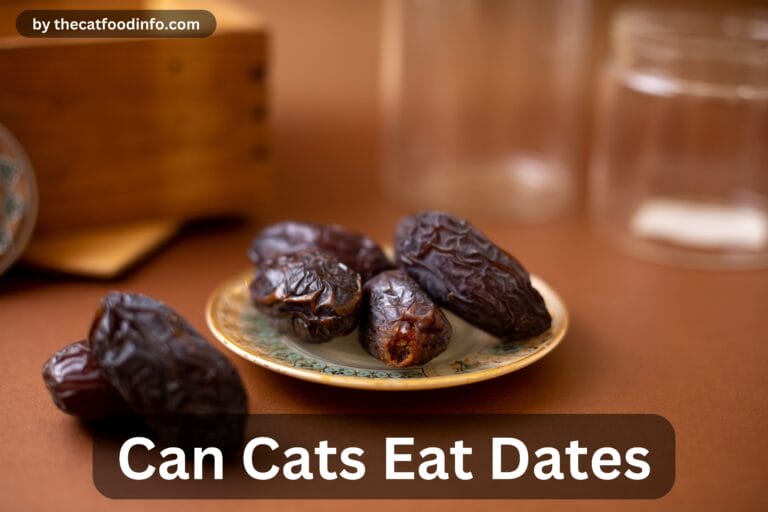
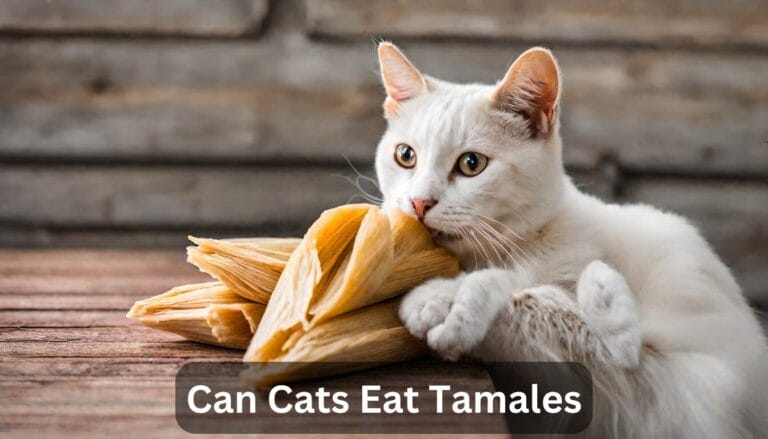
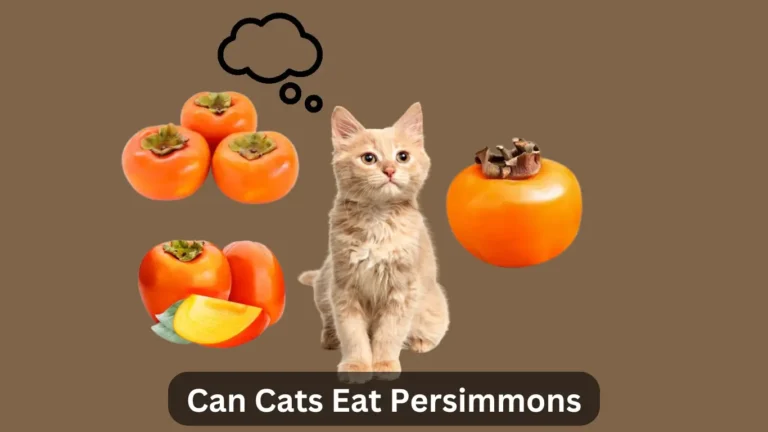
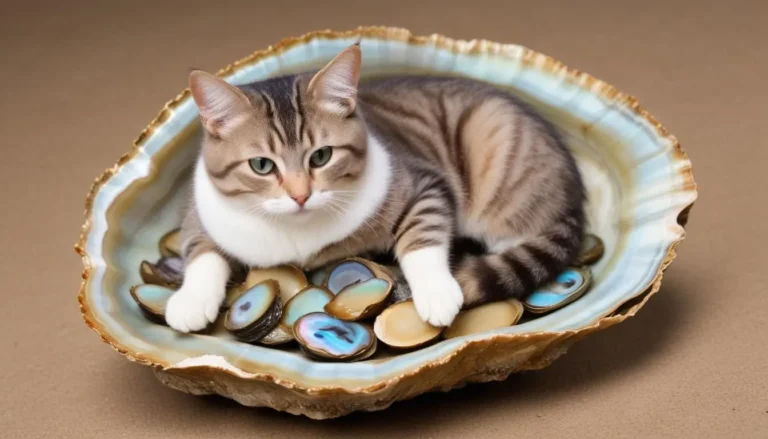
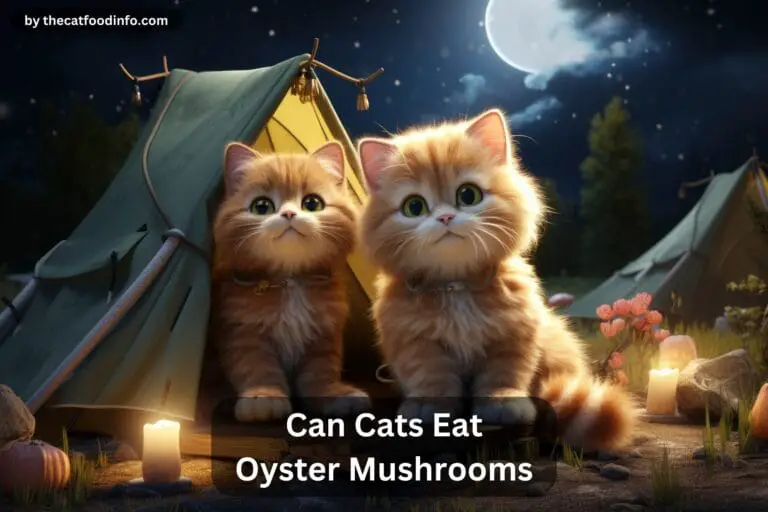
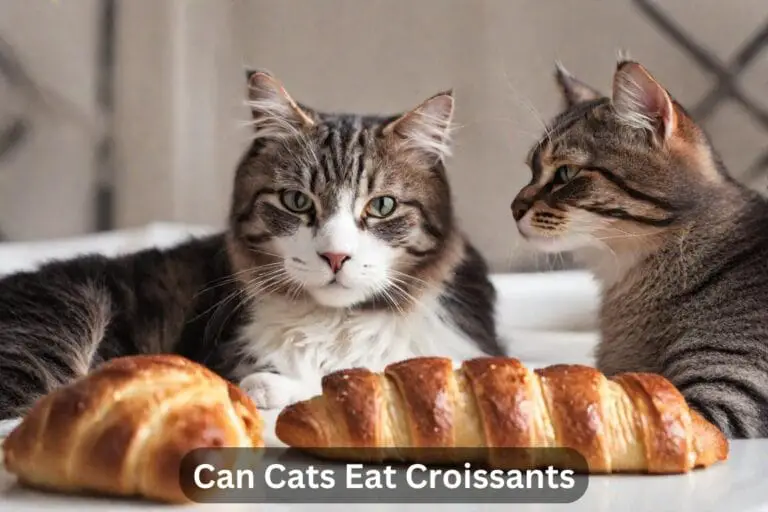
6 Comments